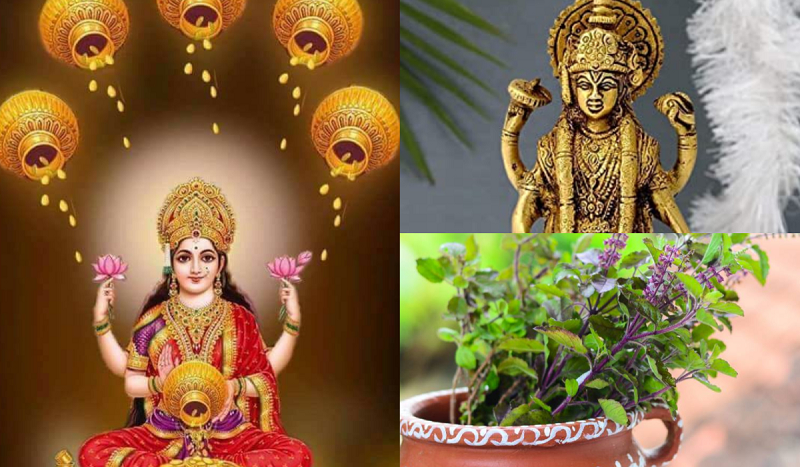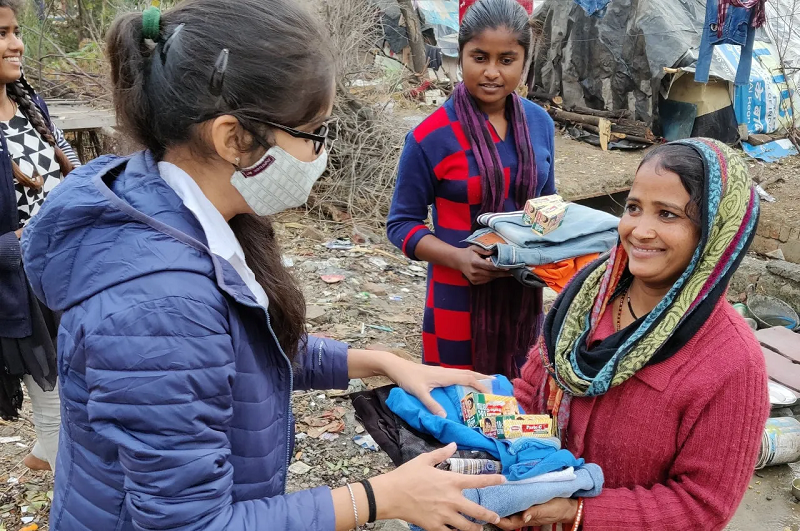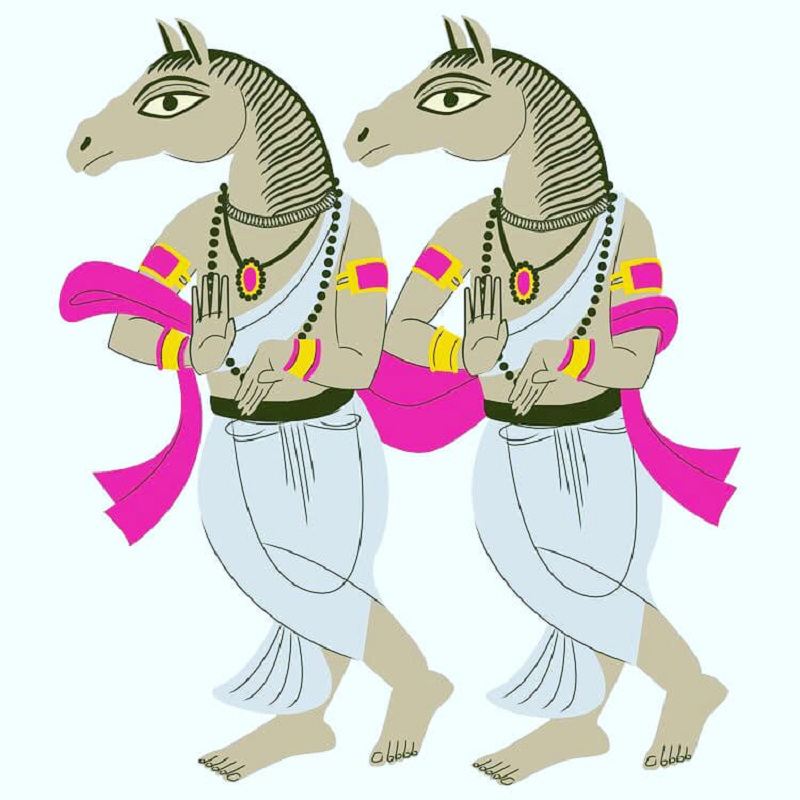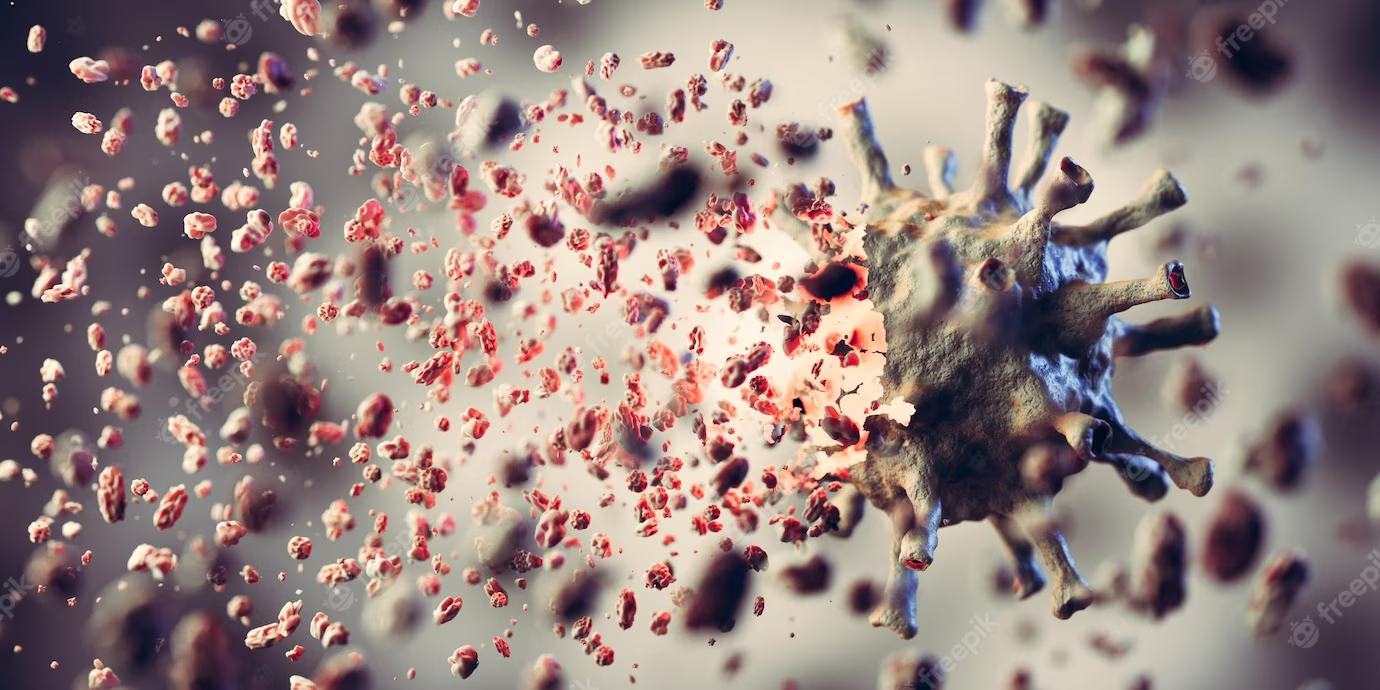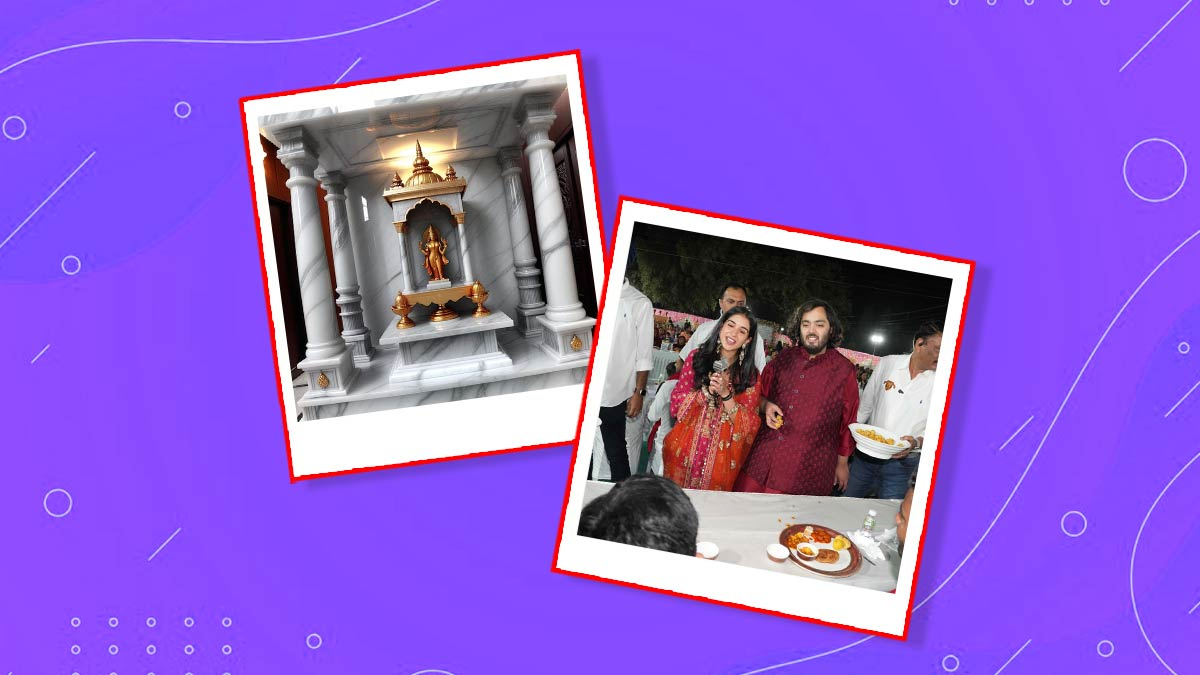Every year in the months of July-October, the risk of mosquito-borne diseases increases significantly across the country. Thousands of people get infected due to dengue-malaria and chikungunya, in some people these diseases also cause serious health problems. Recent reports have once again alerted us about its risks. According to media reports, Type-2 dengue cases are increasing rapidly in Kerala, within four-five days more than 300 people have confirmed the disease while more than 5 have died due to it.

As per the information shared by the health department, 138 dengue hotspots have been identified in the state. Director of Health Services Dr. K.J. Reena said that type 1, 2, and 4 dengue virus have been identified in Kerala. Most of the cases have come to the notice of type-2 virus. It can also be the cause of serious diseases, so all people need to take special precautions.
Cases of this strain can be more serious than normal dengue
Dengue cases can be severe in certain conditions such as those with weakened immunity, and comorbidities. Type 2 dengue, also known as DENV2, can cause more severe disease than the common dengue infection.

This disease caused by the bite of mosquitoes of Aedes species can usually have symptoms like nausea-vomiting, body ache, sore throat, and pain behind the eyes. DENV-2, if not treated in time, can also cause fatal complications like dengue hemorrhagic fever (DHF) and dengue shock syndrome (DSS).
DENV-2 Risks and Severity
Dengue is known to have mainly four different serotypes (DENV-1, DENV-2, DENV-3, and DENV-4). Its DENV-2 cases seriously affected people last year as well. Health experts point out that DENV-2 appears to cause more severe disease. Most of its victims complain of vomiting, joint pain along with high fever. If you have been infected with any of the Dengue serotypes in the past, you may still be at risk of developing DENV-2 and the severe disease it causes.
DENV-2 spreads easily
Health experts report that DENV-2 spreads more easily than the other three serotypes and is more likely to cause hemorrhagic fever and dengue shock syndrome. Talking to Amar Ujala, Shrey Srivastava, a doctor of internal medicine at a hospital in Greater Noida, says that at present, dengue cases are under control in Delhi-NCR. Some patients have been seen, but recovery has been done easily in them. While everyone needs to take precautions given the risks of dengue, it is important to prevent mosquito-borne diseases.

Take measures to prevent dengue
Dr. Shrey says, as a precaution, all people should keep taking measures to prevent dengue. Try to strengthen immunity with protection from mosquitoes. Wear full-sleeve clothes, avoid water logging, and use a mosquito net while sleeping at night. If you have a fever, it is very important to rest the body, take full care of hydration and take paracetamol in mild cases.
If the fever persists for more than two-three days, then definitely consult a doctor and get it checked.
(PC: Freepik)


